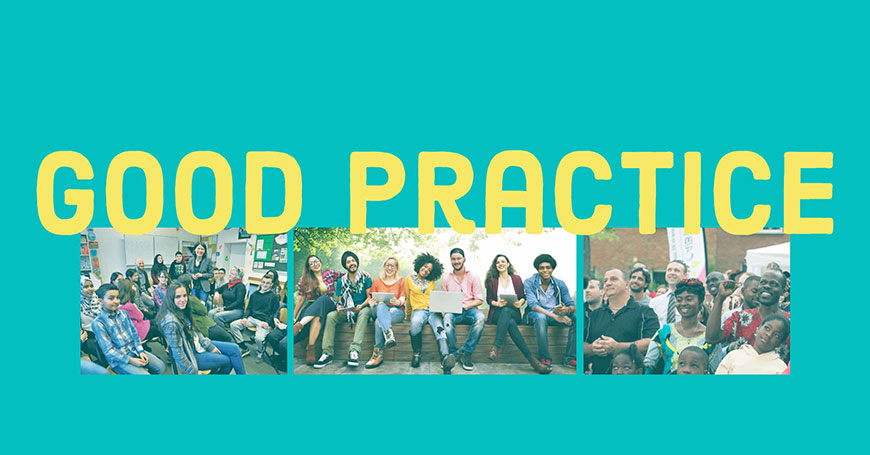Intercultural cities: good practice examples

The first step is the adoption (and implementation) of strategies that facilitate positive intercultural encounters and exchanges, and promote equal and active participation of residents and communities in the development of the city, thus responding to the needs of a diverse population. The Intercultural integration policy model is based on extensive research evidence, on a range of international legal instruments, and on the collective input of the cities member of the Intercultural Cities programme that share their good practice examples on how to better manage diversity, address possible conflicts, and benefit from the diversity advantage.
This section offers examples of intercultural approaches that facilitate the development and implementation of intercultural strategies.
The Auckland Plan 2050
Purpose: ‘Fostering an inclusive Auckland where everyone belongs’ Stimulus/Rationale: The Auckland Plan 2050 outlines a 30-year strategy for Auckland to tackle three key challenges: Population...
Nga Kete Akoranga (NKA)
Purpose: Promoting cultural competence amongst Auckland’s staff: A training programme for staff to respond effectively to Māori people. Stimulus/Rationale: The implementation of a refreshed Ngā...
Welcoming internationals to the city
Purpose: Several years ago, the Stavanger Chamber of Commerce and Industries started a program to introduce international employees and their families to the city. The region’s Welcome Center is...


